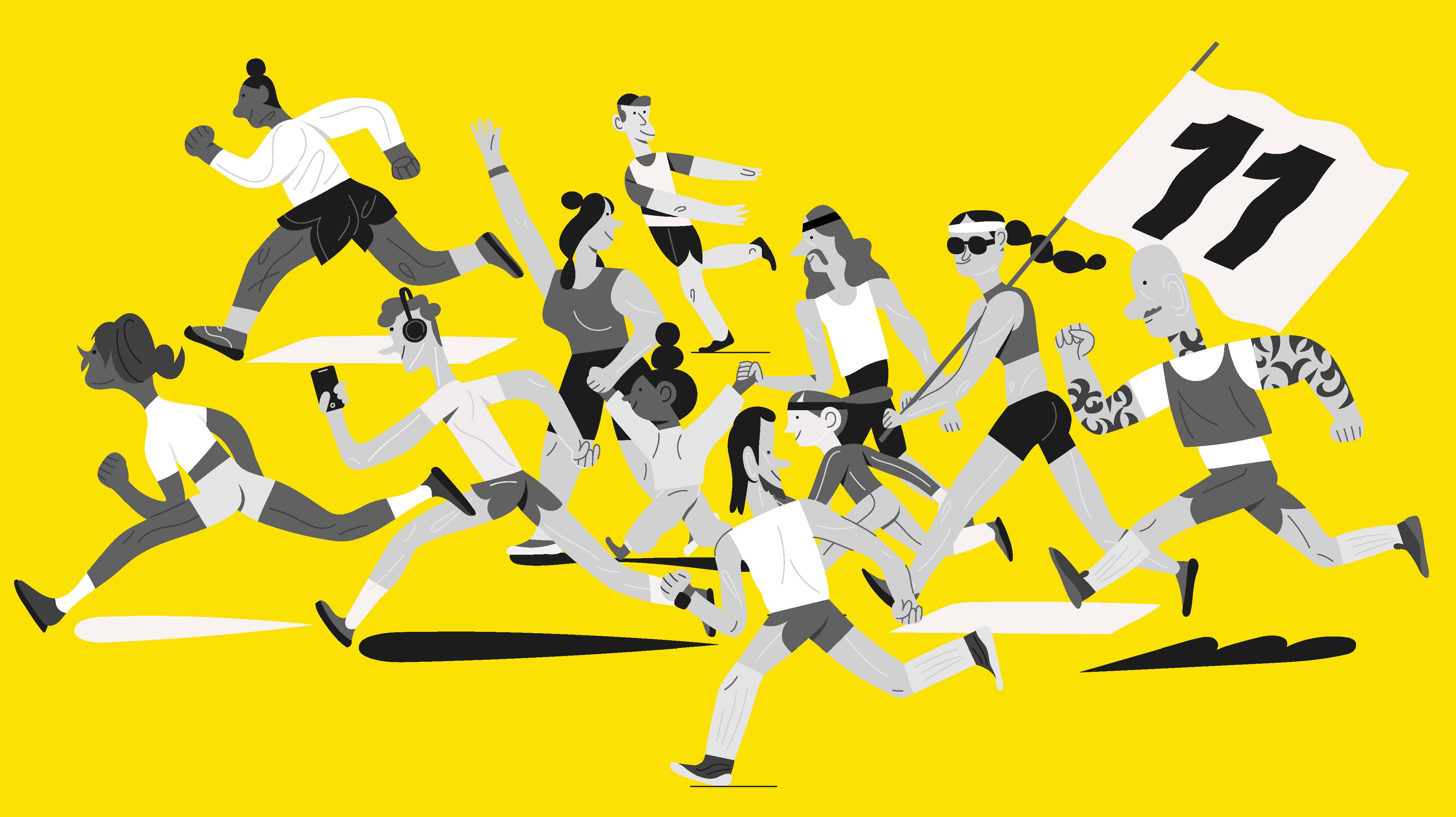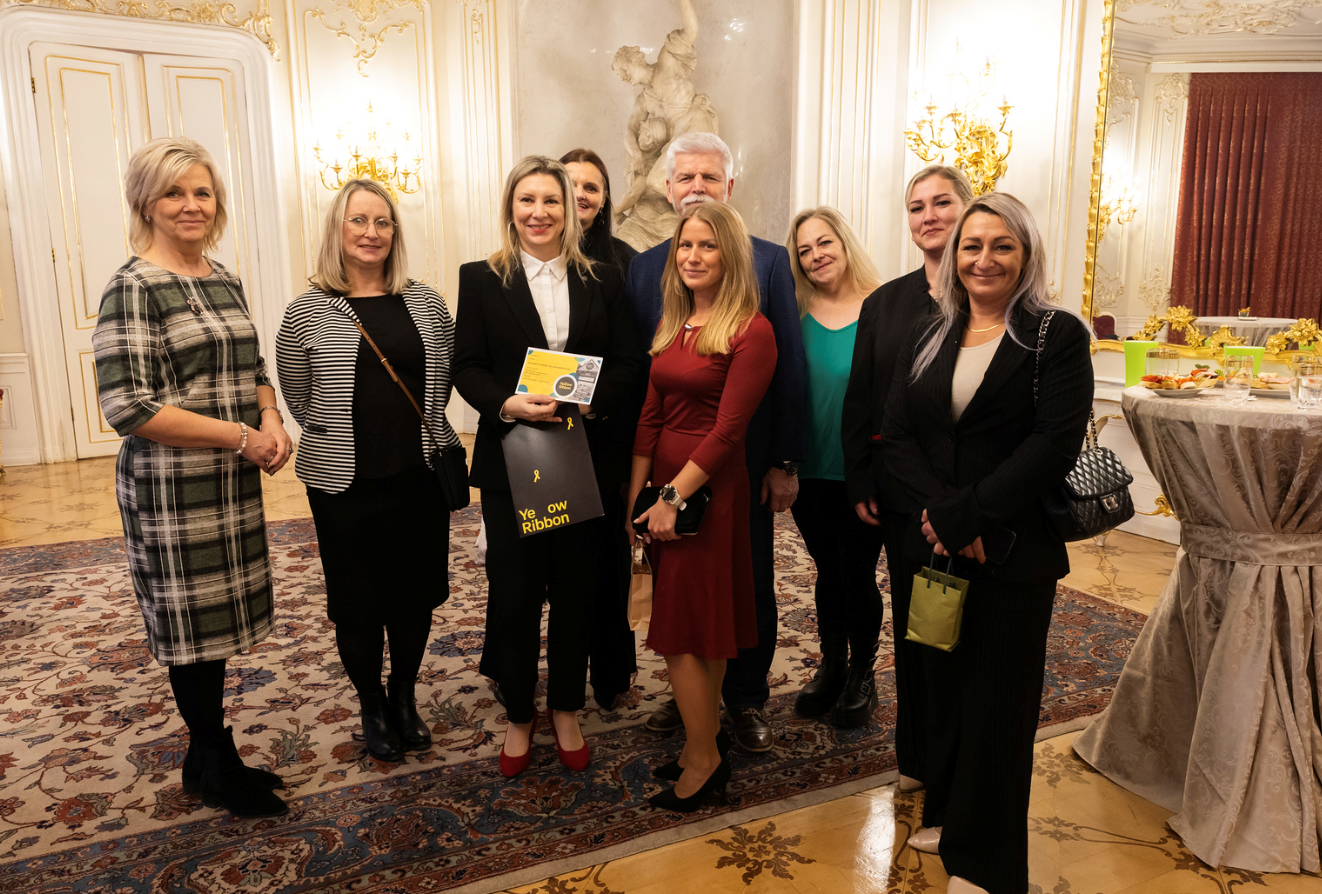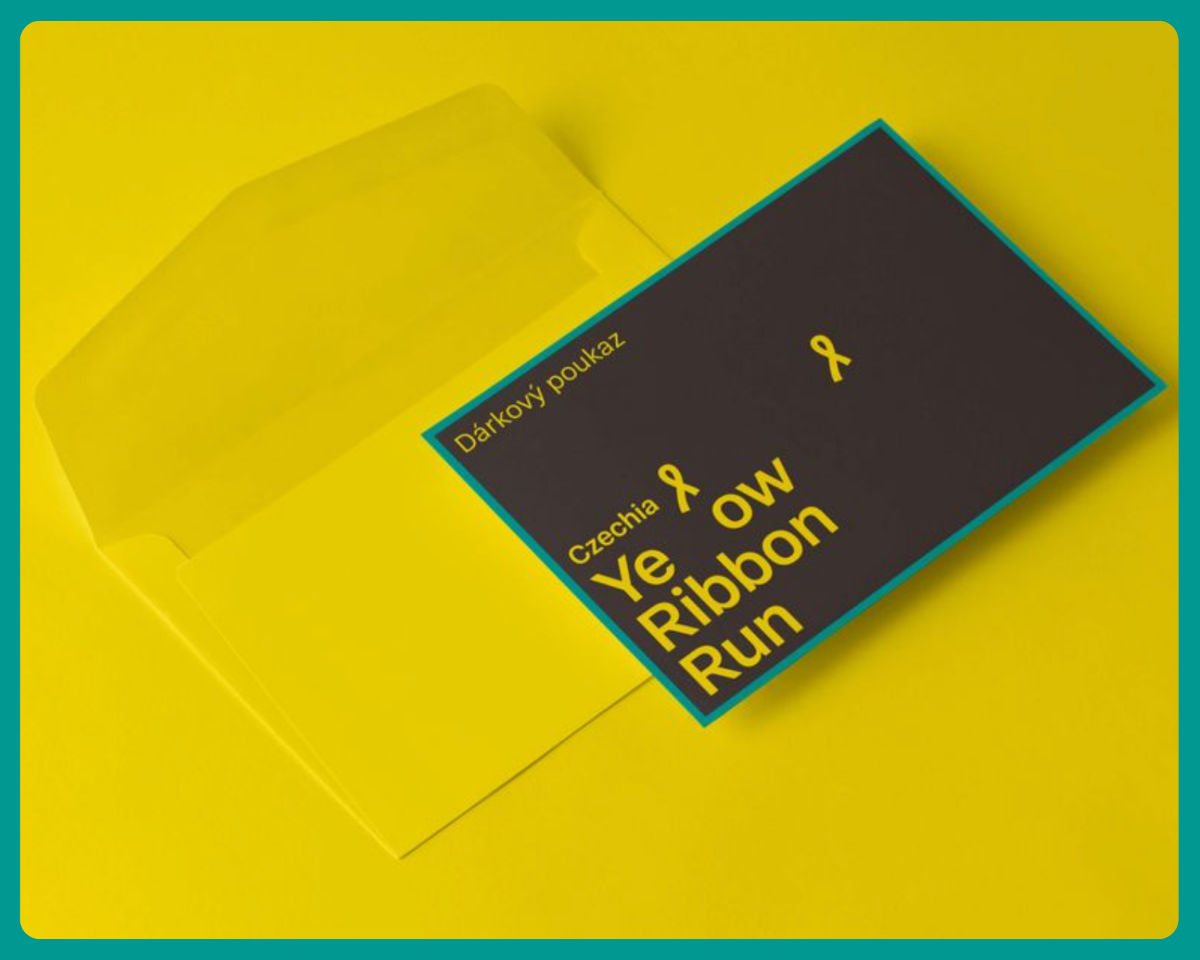My name is Miroslav Brázdil, I am forty-four years old, I have had years of drug addiction and crime. Life on the street, prison... Today I am trying to come to terms with my past, reintegrate into civil society, live a full life in accordance with the law, work, undergo therapy...
I was born in 1980 in Kroměříž and I spent my childhood in the small town of Kvasice in Kroměříž. The family situation was complicated. From various multiple marriages of both parents, I have five brothers and three sisters.
My mother left my father when I was a year and a half and as an only child I was left in the care of my father. He tried to start a new family, but after several unsuccessful attempts, all he had left was alcohol. Most often I was with my grandmother, who took care of me. She was physically disabled, a World War II war casualty. When I was ten years old, my father suffered a serious injury, stopped walking, and my grandmother had to take care of him as well. My father completely fell into alcoholism. and literally drank himself to death when I was twelve years old.
Mom was physically disabled from birth, lived in the same city, I had the opportunity to visit her, but the family situation was dismal. After the collapse of her second marriage, she found herself in poverty while raising my sister and two brothers.
I lived with my grandmother until she was 15, when she died. I should have switched to the care of my mother, but in reality I was already looking for ways from home away. I was only fourteen when I first went to Prague to experienced.
In Prague, I joined a party of children on the street, children running away from home or from institutions. We walked around the city and it was a great adventure. The first time I came into contact with drugs. At the age of fifteen, I left home permanently and went into hiding in Prague. A kid like that doesn't have a lot of options - crime, prostitution, drugs...
By about the age of eighteen, I was able to sail through, I got time abroad, experimented with hard drugs, committed petty crime. I couldn't see further back then until the next day, and even that was a very foggy outlook. At nineteen, on the street, homeless, addicted to injecting meth, I realized my life was badly screwed up. I found myself in a group of juvenile drug addicts stealing from department stores in Prague. But I was soon in real trouble with the law as a young adult.
I went to prison for the first time when I was 21 years old., the sentence was short - four months. Soon followed another, half a year, and a month after the release, again another half year. A spiral of property crime, recidivism and recidivism began to unravel.
I don't even know how I managed to keep in touch with my family, sometimes I visited my mother in Moravia, but the more difficult and complicated the life situation I caused myself, the less frequent my visits and contact with my family became. Until, perhaps, we disappeared from our sight for a few years. That's the thing I regret most, that we became so estranged that even that family wasn't the link between us.
I got into the gears of prison care and I have to admit that there were times when I was glad I ended up in prison, and not necessarily on pathology. It is true that as I write this story now, it is a very sad reading, but there were also bright moments and moments on which a new life could later begin to be built, and thanks to which it is possible to come face to face with the past today. I have heard many times from others or from fellow prisoners how proud they are of this or that, how proud they are of who they really are. For myself, I have to say that I belong to those who are less proud of themselves. On who I was and what I was doing.
But the fact that I'm writing this story today means that something had to happen, something in me had to change. I changed, something had to work and work, but it took many years.
In 2018 I found myself in Vinařice Prison, I was thirty-eight years old. I was serving my sentence for perhaps the twelfth time. and I knew I'd have to sit hard for three years. But I still wanted to do something with my life.
I recall a conversation with the prison chaplain who asked me the last time I was happy. That thought kept coming back to me for a long time mainly because I didn't have an answer for it. I realized that I was not happy at all in my life and that was like a revelation.
I decided to get a job as an operator in prison and join the A-Giga s.r.o call center. I went through training and received a retraining certificate. After a year of working my way up among the ten most successful operators, I was approached, whether I am interested in the therapeutic community program KEMP in Vinarice.
This program is primarily intended for first-time convicts serving sentences, but I was given the opportunity. I realized it was a chance for change, a care I didn't have before, and basically a second chance. The biggest impression was left in me by special projects - GLM (Good Life Models), where we worked on the causes of our own crime, and Building Bridges, meeting offenders with victims of crime.
It all made a difference in my life, we had regular addictology care and we were dating the possibilities and ways in which the system helps people with an addiction problem and other...
One of the most important programs for A-Giga employees is Accompaniment from the non-profit organization Šance PRO, a project that addresses social, family and work matters already during the execution of the sentence before release. But I wanted to start on my own. I saved twenty thousand in three years and thought that was a sufficient basis. I refused the help offered, a job and accommodation. I lied to myself, and somewhere hidden in my soul I already knew exactly where I would go with my money after my release, but I could not admit it to myself.
I still remember what, thank God, finally stuck in my memory, and that is Slogan of the program Accompaniment.
“When you make a mistake, come to us and admit it, and as long as you want to address the mistake, you will get help, if you don't lie and treat us like human beings, we will never turn our backs. ,,
With twenty thousand, I drove to Prague to the nearest drug dealer. After a few days I found myself in another city, sleeping in a tent by the river Elbe. Finally, with absolutely no means, I headed back to Prague, where a police patrol found me. It was discovered that I still have a valid ban on staying in Prague and then I spent five months in prison. My freedom and grand plans lasted exactly two months.
I realised I had to take an uncompromising stance. During those five months in prison, I negotiated admission to inpatient treatment of addiction in the Psychiatric Hospital in Horní Beřkovice and subsequent stay in the therapeutic community Kladno Dubí. I started communicating with A-Giga again and this time I kept it up.
Today I can say that I have had six months of hard dril in a medical institution, I quit smoking there after 30 years and started running instead. I went through a ten-month therapeutic program in the community of the Social Intervention Facility in Kladno Dubí. I have been working for A-Giga s.r.o for more than eight months, this time in civilian life, I got a more responsible job.
I am continuing in a post-treatment outpatient program, living in a sheltered apartment and preparing for an independent life. I have a permanent job, a great team of colleagues. We were participants in the Yellow Ribbon Run.
I am going through an important period of stabilization. I live under the rules of sheltered housing, I am in contact with my family, I pay off debts, I play sports. I respect the court-ordered ban on residence in Prague, which in the past has been the cause of several criminal prosecutions.
With prolonged abstinence and a proper life, the quality of life will increase. And that's probably what I'm experiencing - a higher quality of life. Improving relationships in the family, love and joint moments that we experience together again, as well as personal moments when I feel well, I used to say, so this is a touch of happiness...
There are a lot of things I can't really change, there's no turning back time. There are things I'm learning to live with. But today I have more options and some freedom to deal with my future.
And in conclusion, the most important thing is to be open to what life brings, while being firm in your attitude. What I know exactly is what happens if I fail. But the unknown that awaits me, I overcome it in myself, because that is the change. Change is possible! But it's not free.
Written 8/2024
Today (2025) M. Brázdil is an employee of A-Giga in civilian life for 15 months.
Více aktualit

Presentation Offer at the 11th Annual Yellow Ribbon Run
Dear partners and supporters,
This year we would like to offer you the opportunity to present your organization and projects at the 11th Yellow Ribbon Run. As in previous years, this event creates a unique space for organizations, the public and the media to meet and share common values.
This year's edition will offer again attractive location with plenty of space for presentation booths as well as advertising areas in the start and finish area of the race. We expect approximately 1,000 runners and visitors, media participation and the emergence of photo and video outputs from the whole event.
Presentation options
- Presentation stand + banner for running barriers: 5 000 CZK
- Separate banner for running barriers: 2 000 CZK
Price includes rental of advertising space, advertising and production of a banner. It is also possible to use multiple banners, for example separately for an organization and for a specific project.
At the same time, your participation will support the implementation of the Yellow Ribbon Run event and you will have the opportunity to present your work to the general public and other partner organizations.
If you are interested in this offer, please contact us.
We would love for you to join us and help spread awareness about meaningful projects that have a positive impact on society.

Seven Women, Seven Stories of Hope: Invitation to Prague Castle
Just before Christmas Eve, several brave women, clients of the Probation and Mediation Service and active members of the Yellow Ribbon community, received an invitation to an extraordinary meeting with the President of the Republic Petr Pavlo and the First Lady Eva Pavlova.
With the idea of organizing a holiday audience The Office of the President of the Republic addressed the Director of the Probation and Mediation Service and our founder Gabriela Slováková. It was the long-term work of the Yellow Ribbon, as well as the volunteer and ambassadorial activity of Barbora Černošková, who sensitively opens the topic of people with a criminal past and the effects of punishment on their children, that captivated the presidential office. Thanks to this, this topic has come to the center of attention even at the highest state and social levels.
From 2024 onwards, it will gradually opens space for an open, substantive and at the same time humane debate on penal policy. A debate that makes sense — either thanks to the patronage of the President of the Republic or through discussions on the floor of institutions such as the Chamber of Deputies.
At the end of December, Seven women from all corners of the republic went down to Prague Castle. Each of them in the past, for various reasons, came into conflict with the law and passed the execution of punishment. Today he stands firmly on his own two feet. They were able to close this chapter of life and start again thanks to the professional support, patient work of probation officers, but also through their own determination.
All these women take care of their families and loved ones with dedication, but at the same time selflessly help even people they did not know before. They educate themselves, work on themselves, develop their projects and inspire their surroundings. Whether within organizations, community activities, or just as part of Yellow Ribbon. They prove that second chances make sense.
Source: https://pms.gov.cz/pmsayyruprezidentapetrapavla/

Registration for the 11th year launched - gift your loved ones with a voucher
Have you packed all the presents under the tree yet? If not, we have one for you. We have launched registration for the 11th annual Yellow Ribbon Run. Get Christmas started and give the starting fee to your loved ones. Download Gift Voucher directly from Stopnito.cz, print it out and then go to training together:)
And beware, register now buy for 500 CZK, from mid-February, then for 600 CZK.
Where do you get the voucher?
The route to it is a little more complicated, but we will guide you, you will definitely not get lost:
1) Go to the site Stopnito.cz and fill out the race application form.
2) In the Race category, select Gift Voucher.
3) Make the payment.
4) Download the voucher via the link shown.
Na We will meet the launch on June 11, 2026, again in Obora Hvězda in Prague.
Take advantage of the snow-free days, put on your sneakers and hooray for the track!

